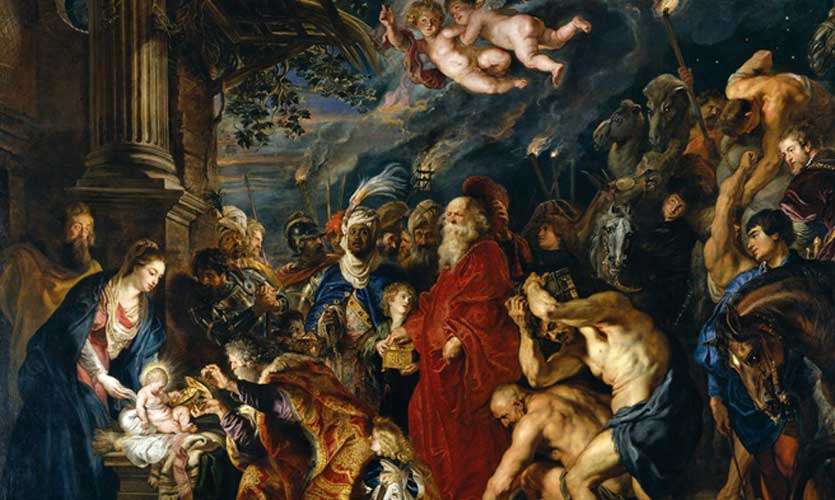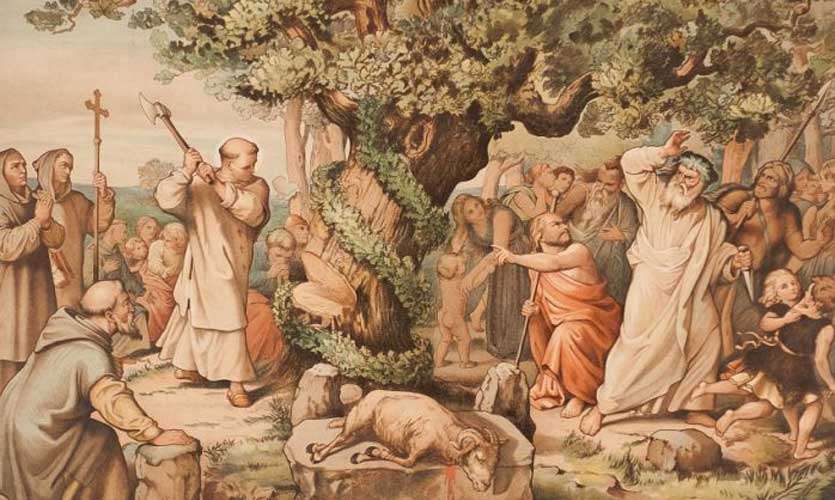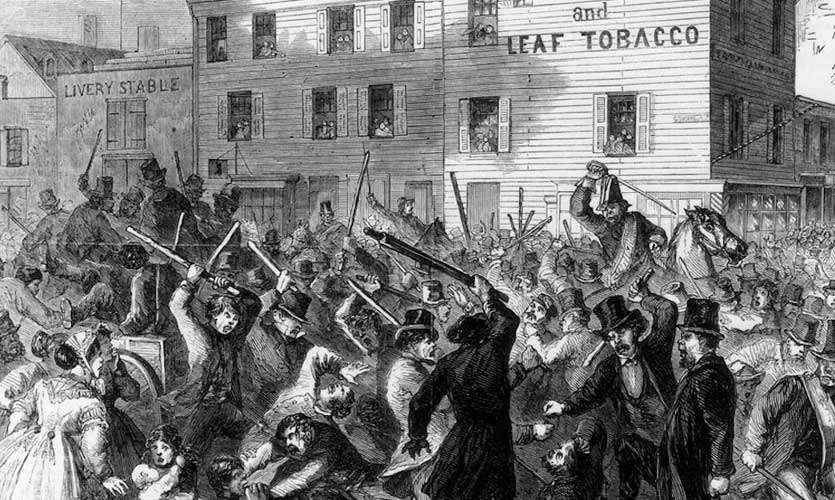
Dec 24 2018.
views 273Christmas marks a joyous occasion around the world outpouring a lot of celebration and generosity. Christmas has been celebrated for 2000 years commemorating the birth of Jesus Christ. But the origins of Christmas do not focus on what’s on the surface, rather the spirituality.

A Time of Celebration even Before the Birth of the Christ
The middle of winter has been a time of celebration even before the arrival of Jesus. In those times, the Europeans celebrated light and birth in the darkest days of winter. Many people revelled in the winter solstice because the worst days of winter were over and the days ahead would have prolonged a period of sunlight.
The Norse, who lived before the birth of Jesus, in Scandinavia, celebrated an event called Yule, starting from 21st December which is the winter solstice, until January. This was done to praise the return of the sun and the men of the families would bring large logs from the woods and set fire to them and feast until the fire goes down. This would take even up to 12 days.
In addition, many people across Europe have celebrated this time of the year since most cattle were slaughtered around this time, so that there won’t be any cattle to be fed during the winter and resulted in an exemplary supply of fresh meat. And, most beer and wine also would end the fermentation process around this time, so there would be wine and beer in abundance as well.

A pagan God named Oden was worshipped in the mid-winter holiday and they feared Oden as it was believed that he made visits during the night through the sky to oversee his people and then choose who would prosper and who would perish. Because of this belief, many opted to stay in-house.
Juvenalia
Around the time of the winter solstice, Romans practiced Juvenalia which is a festival idolizing the children of Rome. Also on December 25th, the citizens who belonged to the upper classes of social stature celebrated the birthday of Mithra, the God of the unconquerable sun. They believed that Mithra was born on a rock and some Romans held this day as the most sacred day of the year.
The Birthday of Jesus
In the early most times that Christianity has been established, Easter has been the main holiday and the birth of Jesus was not celebrated but in the fourth century, the officials of church opted to mark his birth as a holiday. Sadly, there is no mention of the birth date of Jesus in the Bible. So, Pope Julius I has selected December 25th and it is believed that the this date was chosen by the church to absorb the tradition of the pagan festivals taking place in this time.
Initially named the Feast of Nativity, the custom has spread to Egypt by 432 and to England by the 6th century. Towards the end of the 8th century, it had spread to Scandinavia as well. By hosting Christmas at the same time as customary winter solstice commemorations, the church leaders wanted to heighten the chances of Christmas spreading throughout the world and be celebrated. But they did not set ground rules for how it will be celebrated. By the Middle Ages, Christianity had replaced pagan religion making it almost extinct. Believers of Christmas attended Church on the day of Christmas which was followed by heavy drinking and feasts that looked a lot like carnivals.

A Christmas Ban
In the beginning of the 17th century, a huge religious reform took place and that altered the manner Christmas was celebrated in Europe. This resulted in Christmas being cancelled in 1645 because of a vow taken to rid England of decadence. In the reign of Charles II, the holiday was reestablished.
The Pilgrims, who came to America in 1620 did not believe in Christmas and thus it was not a holiday in America at the time. From 1659 to 1681, any form of celebration related to Christmas was outlawed in Boston. Following the American Revolution, English customs were dropped counting Christmas.
Reinvention of Christmas
Only in the 19th century, American started celebrating Christmas. Americans re-invented Christmas and altered it from a wild carnival holiday into a family-centric day of peace and remembrance. Christmas was declared a federal holiday in June 26th in 1870.
The Christmas we now celebrate is far from what pagans and Scandinavians celebrated, but ours is full of love and happiness, which is lacking in the society. Truthfully, even though the true beliefs of Christmas is not spoken about, love and happiness and importance of family is something fitting to the current society and it should be celebrated.
A merry Christmas to all of you!
0 Comments